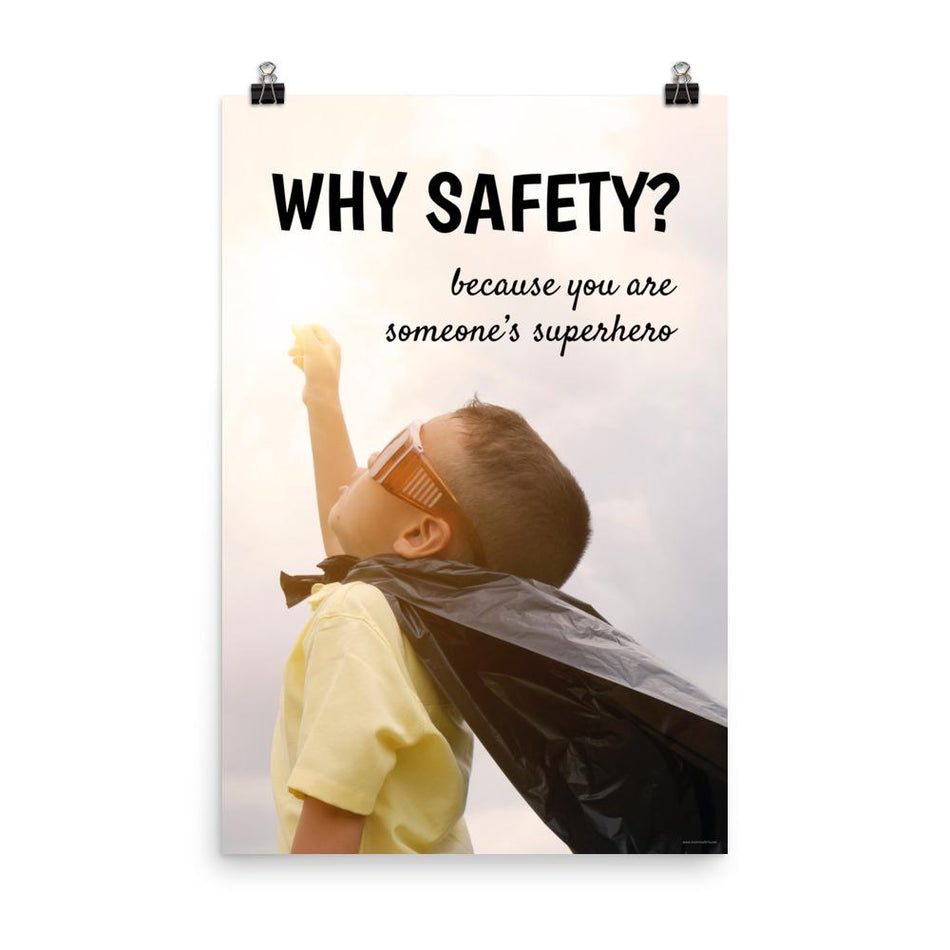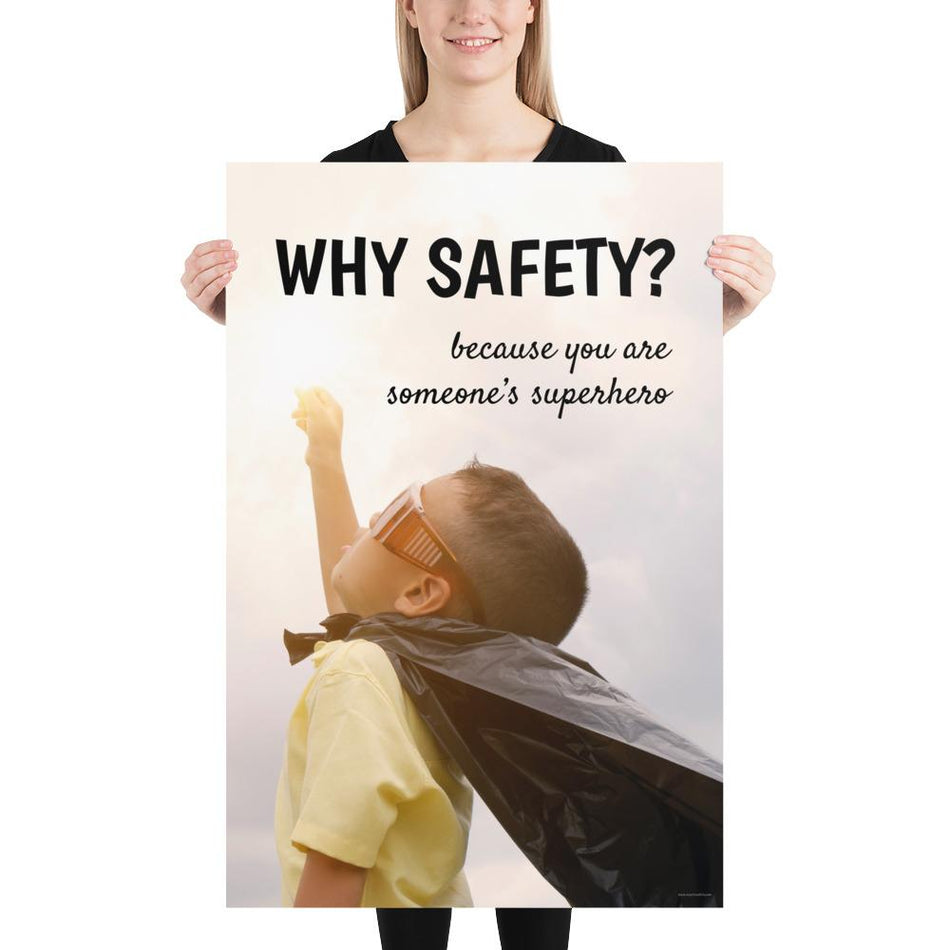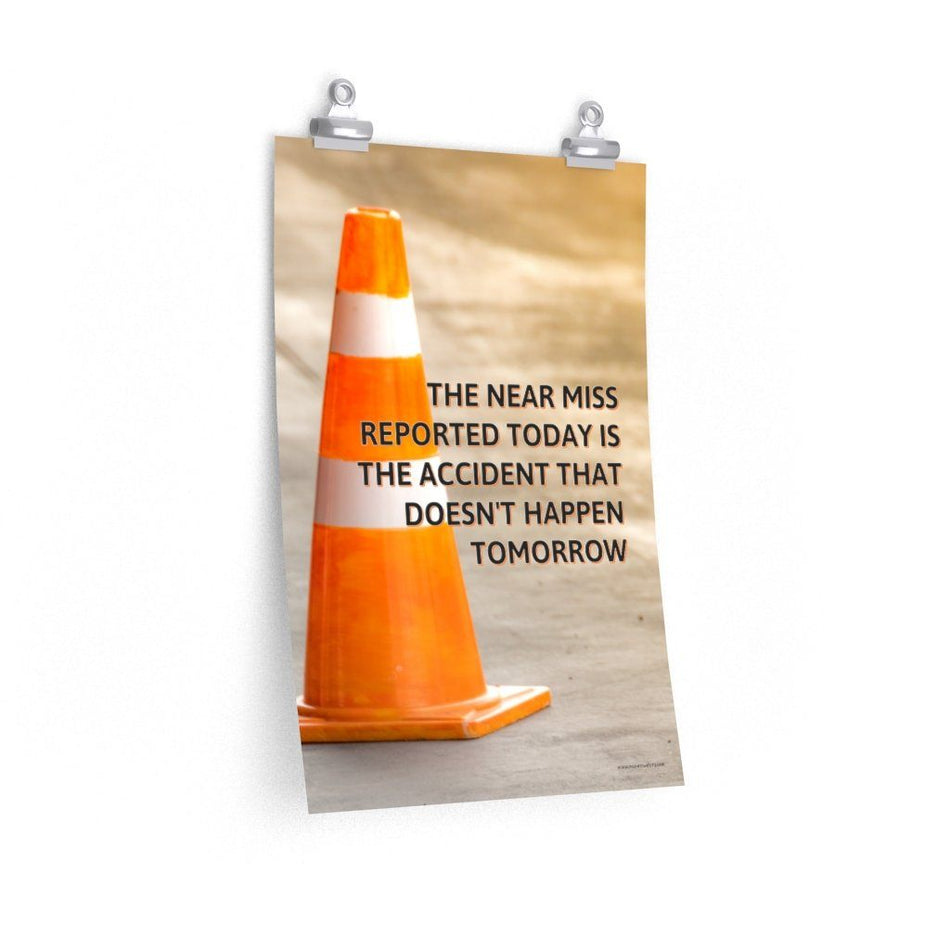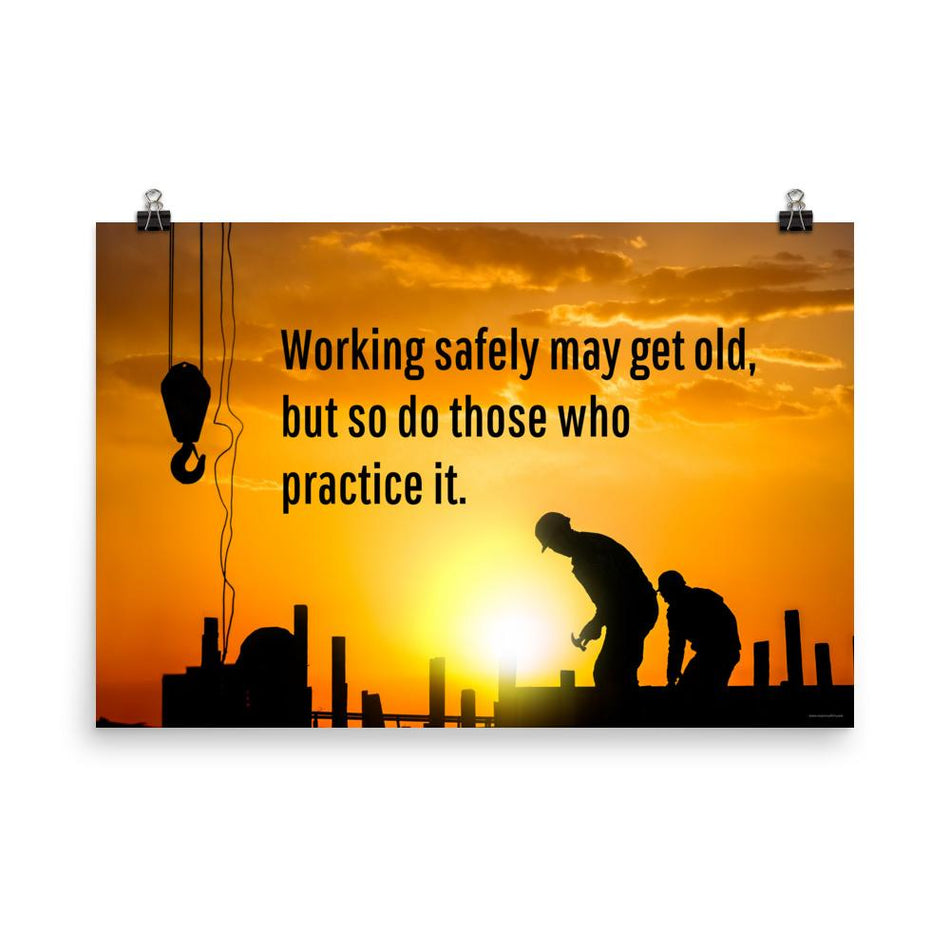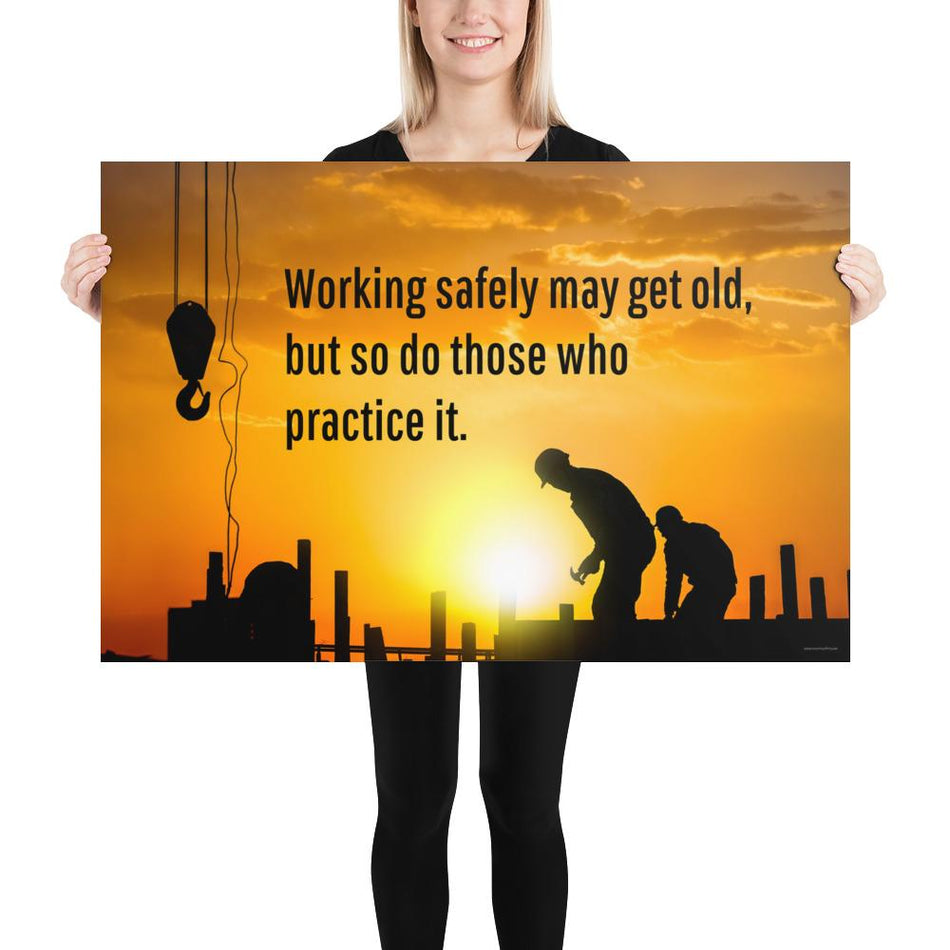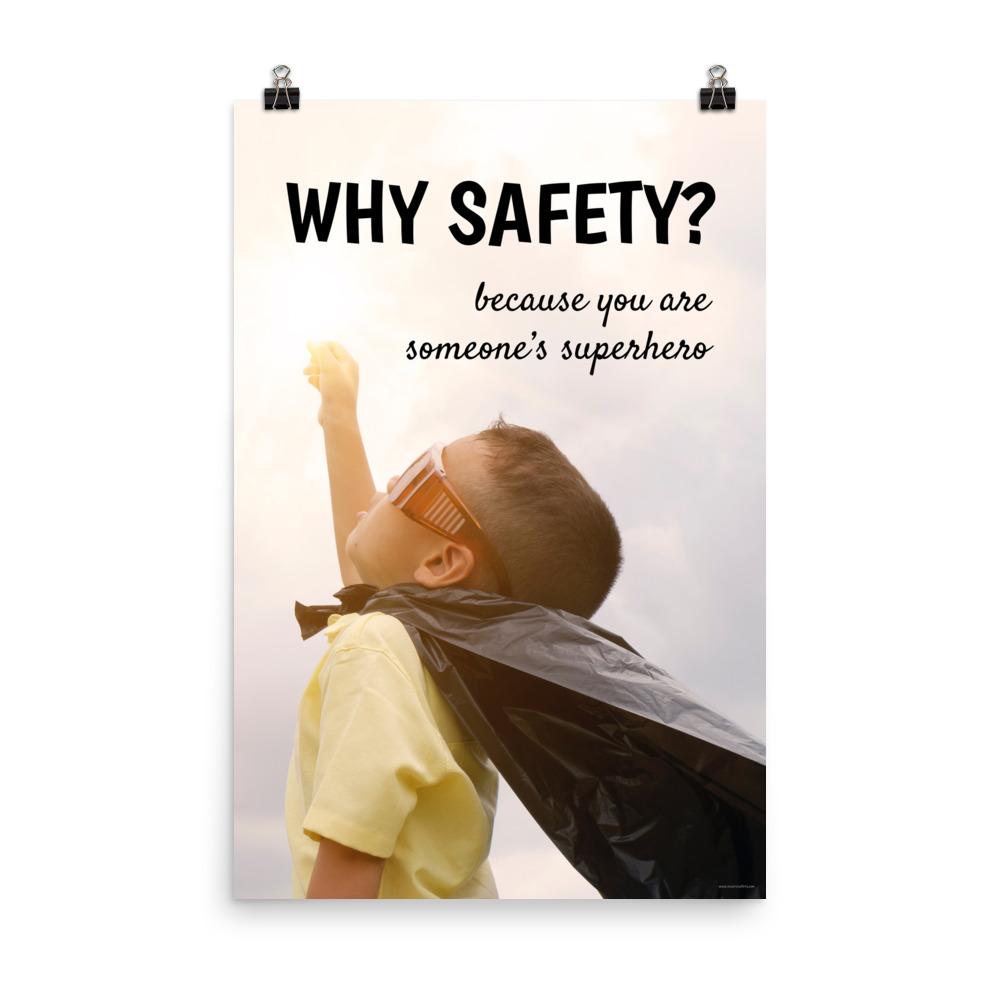Hygiene at work is about far more than appearances. The way you care for yourself and your surroundings affects everyone around you. Good hygiene keeps people feeling well, reduces distractions, and helps create a cleaner, safer, and more professional workplace. Whether you work in an office, warehouse, or construction site, maintaining hygiene standards shows respect for yourself, your coworkers, and your company.
Clean habits help prevent germs from spreading, reduce pest problems, and encourage teamwork built on mutual respect.
Every workplace has expectations for cleanliness and hygiene because it directly impacts health, safety, and morale. When everyone maintains good hygiene, it creates a pleasant, organized environment and prevents unnecessary stress about sanitation. On the other hand, poor hygiene can lead to illness, conflict, and even unsafe conditions.
Personal Hygiene
Workplace hygiene starts long before you clock in. Taking care of yourself before your shift helps you feel confident and keeps others comfortable around you.
-
Shower or bathe regularly and wash your hair to remove sweat and dirt.
-
Use soap and deodorant or antiperspirant daily, especially if your job involves physical work or warm conditions.
-
Keep hands and nails clean, but avoid grooming activities like nail clipping at work.
-
Practice good dental hygiene — brush, floss, and use mouthwash as needed. Bad breath may not bother you, but it can be distracting to those nearby.
-
Avoid strong fragrances from cologne, perfume, or scented lotion, as these can trigger allergies or sensitivities in coworkers.
Clothing and Appearance
Clean clothing and proper footwear contribute to both professionalism and safety. Wear clothes that are clean, in good condition, and appropriate for your tasks. Torn clothing or loose fabric can snag on equipment and cause injuries. Clean your work boots regularly and, if they get wet, rotate pairs so they can dry fully. Always wear clean socks—preferably cotton—to help absorb moisture and reduce odor.
Covering Wounds
Even small injuries need attention. If you have a cut, scrape, or burn, keep it covered with a clean bandage. This prevents infection and protects others from exposure. Change bandages regularly, ensure they stay secure, and dispose of used ones properly in a trash bin — never on the ground or in shared work areas.
Washing Your Hands
Hand washing is one of the simplest and most effective ways to prevent illness. Use soap and water for at least 20 seconds, scrubbing between fingers and under nails. Wash before eating, after using the restroom, after coughing or sneezing, and anytime your hands are visibly dirty. If soap and water aren’t available, use hand sanitizer with at least 60% alcohol. Remember, sanitizer won’t work properly on greasy or visibly soiled hands.
Coughing and Sneezing Etiquette
When you need to cough or sneeze, always cover your mouth and nose with a tissue or your elbow — never your hands. Dispose of tissues right away and wash your hands afterward. This simple habit prevents germs from spreading across work surfaces and shared tools.
Food and Common Areas
Shared spaces like break rooms require teamwork to stay clean. Always clean up after yourself: wipe down tables, counters, and especially the microwave after use. Cover food before heating it to prevent splatter. Dispose of all wrappers, paper towels, and containers when finished eating and before leaving your shift. A tidy breakroom reflects respect for everyone who shares the space.
Trash and Pests
Overflowing trash bins attract pests and create unsanitary conditions. Empty trash regularly, and if you notice insects or rodents, report it immediately. Avoid leaving food at desks or workstations, and store snacks only in sealed containers. Preventing pests is everyone’s responsibility.
PPE and Shared Equipment
Personal protective equipment (PPE) must be kept clean and in good condition. Never wear PPE that is damaged, dirty, or contaminated. Store it in a dry, clean place when not in use, and never reuse disposable gloves or masks. Wash your hands after removing any PPE. Shared tools and equipment should also be wiped down regularly — especially high-touch surfaces like keyboards, handles, and controls.
When You Are Sick
Good hygiene includes knowing when to stay home. If you’re sick, rest and recover before returning to work. Coming in while ill puts others at risk and can slow your recovery. Working while sick also reduces focus, increasing the risk of mistakes or accidents. Protect your coworkers by staying home until you’re well enough to return safely.
Housekeeping and Safety
Keep your workspace neat and clutter-free. Pick up items from the floor, wipe down surfaces, and avoid letting trash or wrappers accumulate. A tidy space prevents slips, trips, and falls, and makes your area safer and more efficient. Even simple habits — putting tools away, wiping spills, or throwing out trash — strengthen overall workplace safety.
Good hygiene isn’t just about comfort — it’s a safety issue. A clean, organized workplace reduces hazards and helps everyone focus without distraction. The way you care for yourself, your equipment, and your surroundings shapes the environment for everyone. Small daily actions — washing your hands, throwing away trash, or keeping PPE clean — build trust, show professionalism, and keep operations running smoothly.
Good hygiene habits today create a healthier, safer, and more productive workplace tomorrow.



